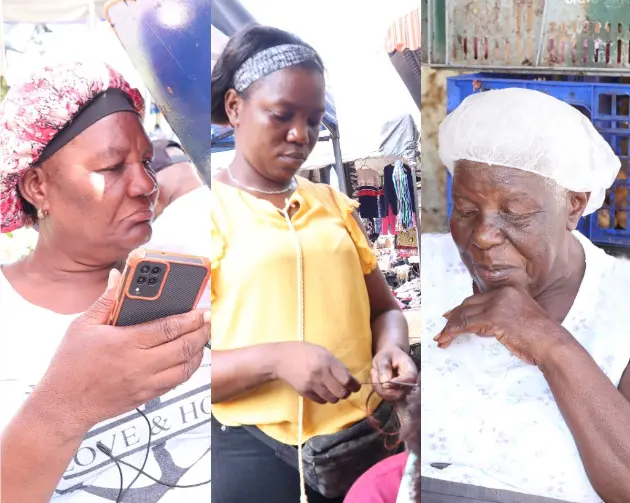
Haitian residents of “Little Haiti” in the San Carlos sector of the National District declined to discuss the closure of their country’s border, citing their long-term presence in the Dominican Republic. They consider themselves to be on the outskirts of the situation.
During a tour of the area, when approached, they vehemently expressed that they were Haitians living and working with dignity in the Dominican Republic to support their families back home.
Many resorted to sign language, claiming they did not speak Spanish to avoid speaking to journalists from Hoy.
Others requested money in exchange for their opinions on the matter and avoided answering questions to evade camera attention as they went about their daily activities in the surrounding streets.
Some Haitian merchants who export food from Santo Domingo to their country disagreed with President Luis Abinader’s drastic measure, fearing the ensuing crisis it would create for both nations, according to Manuel Alfonso Cuevas, a food truck driver.
Cuevas stated, “If the border remains closed, my family and I will go hungry. I urge for a logical agreement that benefits both countries, whether it involves equal sharing of the water or not, but the punishment should not fall solely on Haitians.”
Cuevas, a resident for 20 years with family members involved in commerce in Haiti, emphasized that if the border remained closed for another week, it would result in a crisis with no beneficiaries.
He said, “Abinader, I voted for you, as did many Haitian residents living in your country. I understand that you need to manage and reevaluate measures that will also affect your nation.”
On the other hand, “Roberto” believes the measure may pressure his compatriots to halt construction. However, he believes the most affected by the border closure are Haitian consumers who rely on the binational market in Dajabón and Dominican merchants who sell goods at the border crossing.
He requested that both countries resume dialogue to find practical solutions and seek peace.
